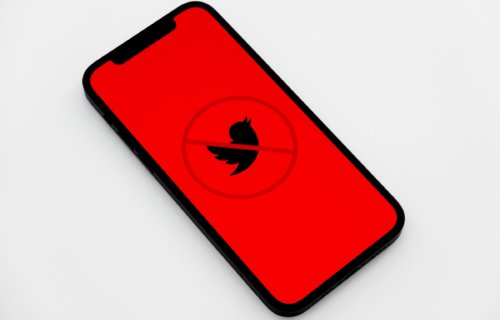BOCHUM, Germany — For employees looking to get more out of their workday, it’s time to cut down on TikTok and Facebook. A study conducted by German researchers found spending less time on social media can significantly improve mental health, job satisfaction, and commitment in employees. The research highlights a simple and cost-effective approach to enhancing workplace well-being.
Social media platforms, which people often use to create positive emotions absent in their daily lives, have actually been linked to both mood boosts and negative impacts on mental health. The Fear of Missing Out (FOMO), a common phenomenon associated with social media, can lead to addictive behaviors with adverse long-term effects.
The Ruhr University Bochum study involved 166 participants who worked part-time or full-time and spent at least 35 minutes daily on non-work-related social media. They were divided into two groups: one continued their usual social media habits, while the other reduced their usage by 30 minutes for seven days. Participants completed questionnaires before, during, and after the experiment, providing data on various factors like workload, job satisfaction, mental health, and FOMO.
“Even after this short period of time, we found that the group that spent 30 minutes less a day on social media significantly improved their job satisfaction and mental health,” says Julia Brailovskaia, an associate professor at Ruhr University Bochum, in a university release. “The participants in this group felt less overworked and were more committed on the job than the control group.”

The participants’ sense of FOMO also decreased, and the positive effects persisted and even increased in some cases for at least a week after the experiment.
Researchers believe that by cutting down on social media use, participants had more time to focus on their work without feeling overburdened, and also experienced less distraction. Constant social media interruptions can hinder concentration and work performance. Furthermore, excessive social media use can inhibit real-life interactions with colleagues, leading to feelings of alienation. Reducing social media time can mitigate these issues.
“Our brains can’t cope well with constant distraction from a task,” Brailovskaia explains. “People who frequently stop what they’re doing in order to catch up on their social media feed find it more difficult to focus on their work and they achieve poorer results.”
This study aligns with previous research by the same group, indicating that even a slight reduction in daily social media use can lessen depressive symptoms and enhance mental health.
“Reducing the amount of time spent on social media each day could be a useful addition to business coaching training, mental health programs and psychotherapeutic interventions,” concludes Brailovskaia.
The study is published in the journal Behaviour and Information Technology.
You might also be interested in:
- Avoiding social media for just one week significantly boosts well-being, cuts depression
- Kids who use social media more prone to making dangerous decisions
- Being in nature 20 hours a week could significantly boost productivity

